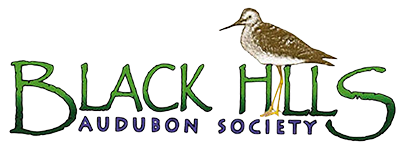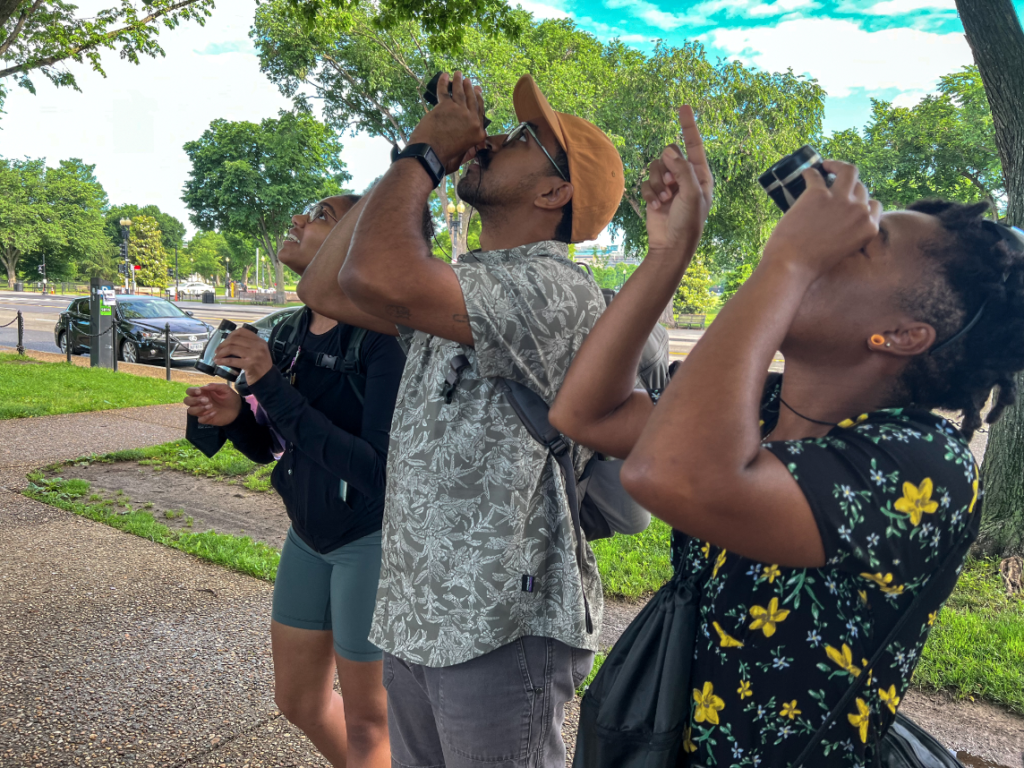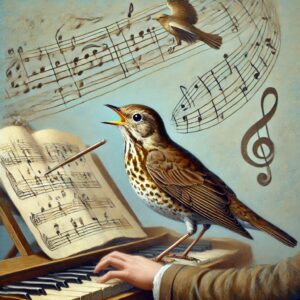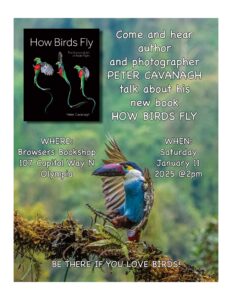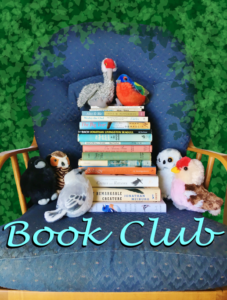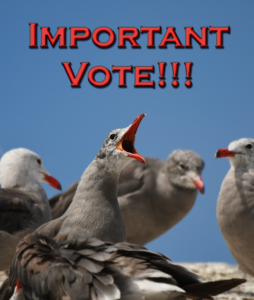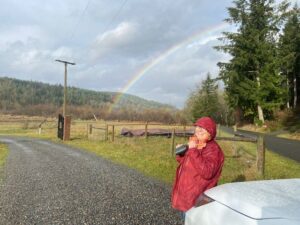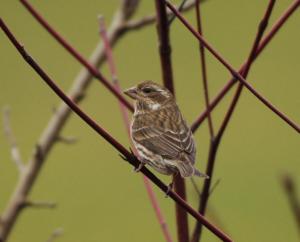It’s Time to Build a Truly Inclusive Outdoors
As the nation continues to confront racism, the birding community must embrace difficult conversations.
By Corina Newsome
Article first published in Audubon Magazine, summer 2020. Used with permission. Link to original article here: It’s Time to Build a Truly Inclusive Outdoors
It’s early April and American Woodcocks have begun twilight mating displays, making whistling, twirling falls from the sky. You’ve seen them before with friends, but to abide by social distancing rules you decide on a solo trip. Then you recall the sound of gravel behind you as a police car followed you to a trailhead the other day. You quickly but calmly grabbed your binoculars and pointed them to a nearby tree. Not because you saw a bird, but to prove your innocence—to de-escalate what you feared could unfold. It’s cold outside and will be colder tonight when the woodcocks dance. You should layer up with your hoodie, but you know how that makes you look. Especially at night. Especially alone. You decide it’s better not to go.
Every detail of this scenario is based on events experienced by me and my Black birding friends—and our fear is not for nothing. Law enforcement and vigilantes have endangered or taken Black lives more times than we can count. Names ring in our ears: Tamir, Breonna, George, Ahmaud. We have also seen the discomfort of white hikers and birders when they encounter us, sometimes suspicious or fearful, other times shocked we’re even there. To raise our concerns, we’ve reached out to our birding communities. But instead of finding listening ears, we’ve been told that discussion is too political. Nature exploration is “neutral territory.” How dare we bring race into birding.
As COVID-19 cases exploded, the outdoors, and birding in particular, became a source of solace and escape for many, bringing the anxiety and racism Black people experience in the outdoors into clear relief. Then a spark: on video, a white woman tried to weaponize the police against a Black birder, Christian Cooper, by falsely claiming an African American man threatened her life. The issues we’d long known became international news, just as Black Lives Matter protests spread globally. My friends and I, a group of about 30 Black birders, scientists, and nature enthusiasts, decided it was the perfect time to tell the world that these aren’t isolated incidents, but the fruit of an entrenched culture. With this resolve, we organized the first Black Birders Week, which began May 31.
Through online events and conversations at hashtags like #BlackInNature, #BirdingWhileBlack, and #BlackWomenWhoBird, hundreds of thousands of people saw, heard, and celebrated Black birders. Large organizations amplified our message; we were no longer silenced. Even as the pandemic kept many apart, we saw more fellow Black birders, scientists, and hikers than ever before.
Still, our efforts must continue—and white people must join. We are at the cusp of a turning point that embraces human diversity as joyfully as the diversity of feathered creatures. To get there, white people must value Black lives and hear our voices—and lean into uncomfortable conversations about racism and privilege that follow. The birding community must show that it is not neutral. Neutrality is dangerous, and this is our protest.
Corina Newsome is a biology graduate student at Georgia Southern University. She has worked in wildlife conservation for eight years and is currently a field biologist studying the MacGillivray’s Seaside Sparrow.
Photo credit: NMAAHC Bird Walk, by Dara Miles Wilson, Creative Commons Attribution-Share Alike 4.0, at https://commons.wikimedia.org/wiki/File:NMAAHC_Bird_Walk.jpg
